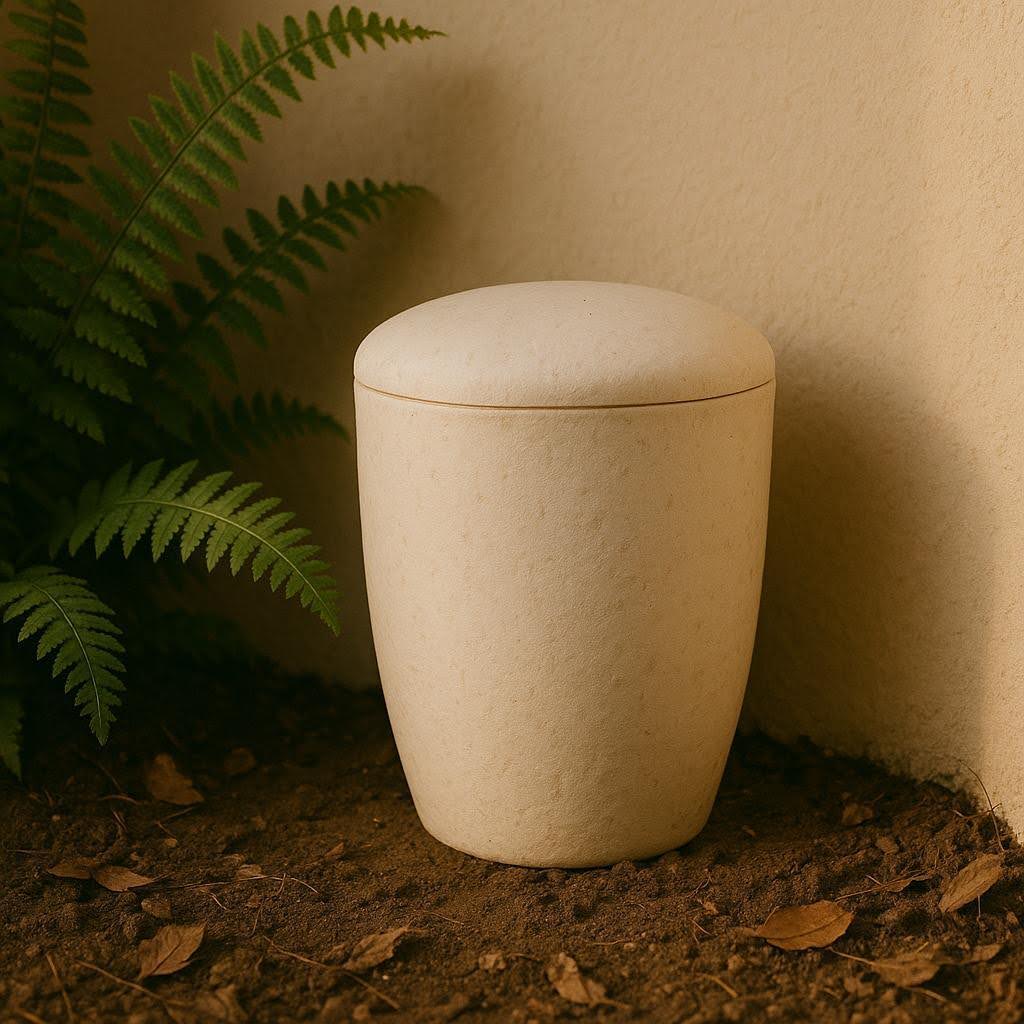You don’t have to scatter ashes immediately after cremation. Many families choose to wait—to plan a ceremony, gather loved ones, or simply decide on the right location. Storing ashes temporarily is common, but it’s important to do it respectfully, safely, and legally.
This guide covers everything you need to know about storing cremated remains before scattering them.


Why Delay Scattering?
There are many valid reasons for waiting to scatter ashes:
- Family or friends are travelling to join the event
- Seasonal or weather conditions aren’t ideal yet
- The right location hasn’t been chosen
- You're waiting for legal permissions or religious dates
- You want time to emotionally prepare
There’s no set timeframe—you can store ashes for days, months, or even years before deciding to scatter.
How Ashes Are Packaged After Cremation
When you receive the ashes, they typically come in:
- A plastic or cardboard temporary container, or
- A basic urn provided by the crematorium
Inside is usually a plastic bag containing the ashes. These containers are suitable for short-term storage, but for longer periods, a more secure option may be preferred.




Best Storage Options
If you’re not scattering immediately, you can transfer the ashes to:
- A sealed urn: Metal, ceramic, wooden, or biodegradable
- A keepsake box or tube: For those planning partial scattering
- A biodegradable urn: Especially useful if you want to move directly from storage to scattering
Make sure the container is:
- Labeled clearly
- Kept sealed and undisturbed
- Placed in a dry, temperature-stable place (avoid extreme heat, humidity, or direct sunlight)
Where to Store Ashes
Common storage locations include:
- A private shelf or cabinet in your home
- A memorial area with candles, flowers, or photos
- A funeral home or crematorium, which may hold ashes temporarily
- A safe deposit box (for long-term or legal security)
Avoid places that are damp, unstable, or publicly accessible.
Legal Notes:
- In the UK and many countries, there is no legal time limit on how long you can keep ashes.
- However, if ashes are held by a funeral director or crematorium, they may eventually contact you to arrange collection or final plans.
- Always respect the wishes left in a will or funeral plan if the deceased gave instructions on storage or timing.




Emotional Considerations
- Keeping ashes nearby can offer comfort and connection during grief
- Take your time—there is no rush to decide
- If multiple people want to be involved in scattering, storing the ashes allows time for joint planning
